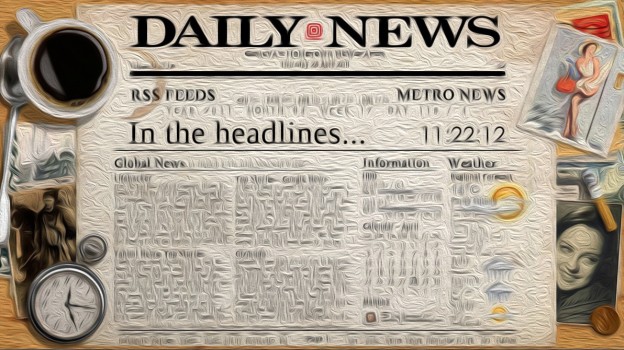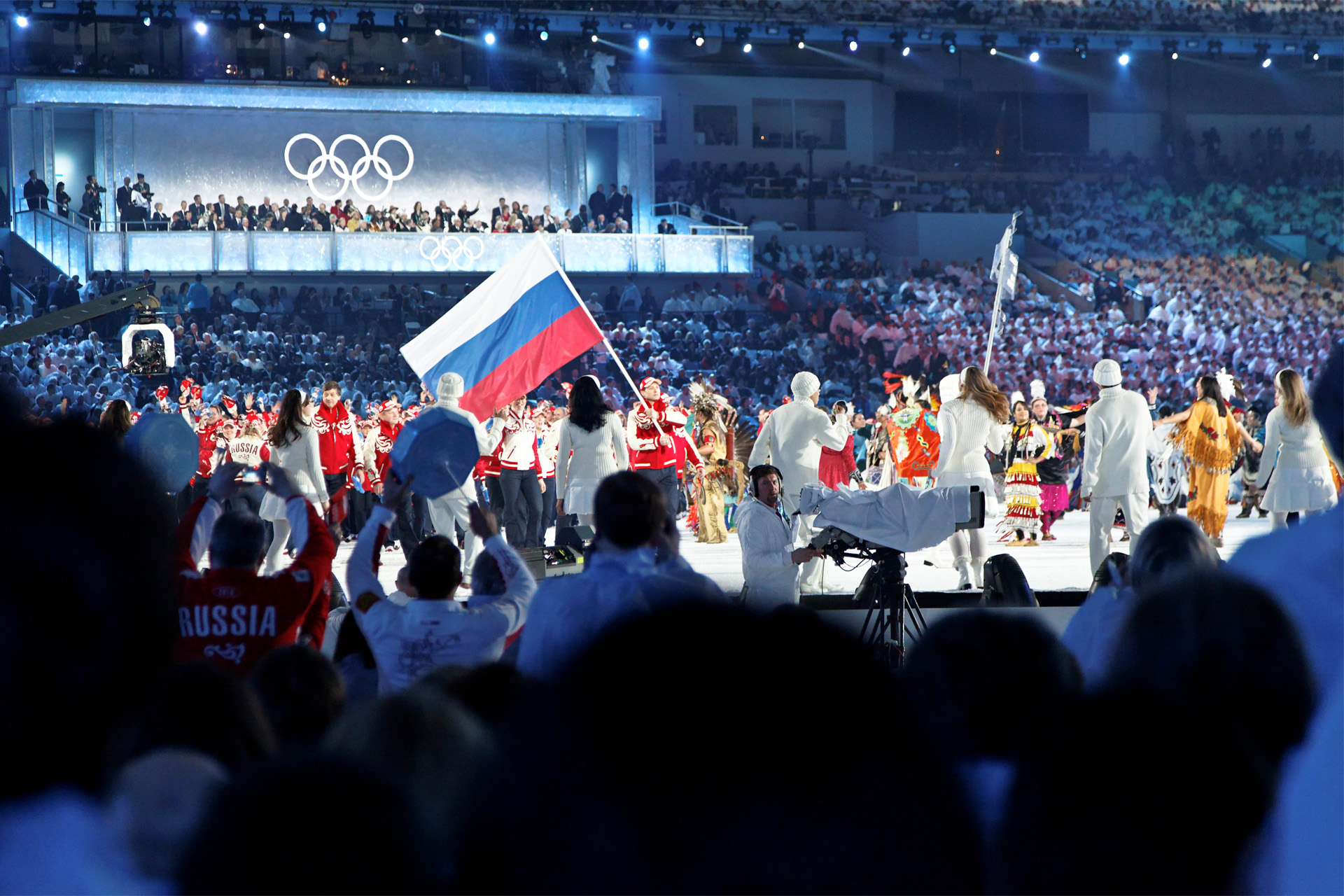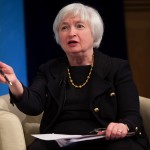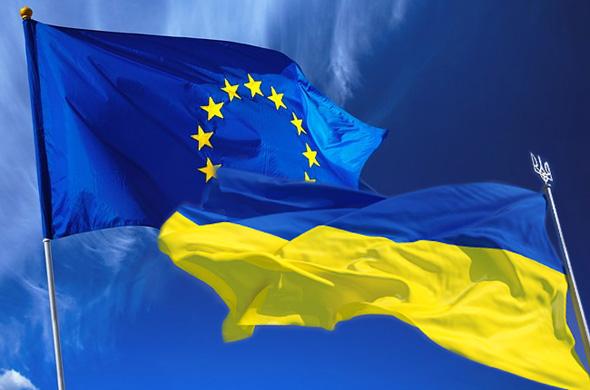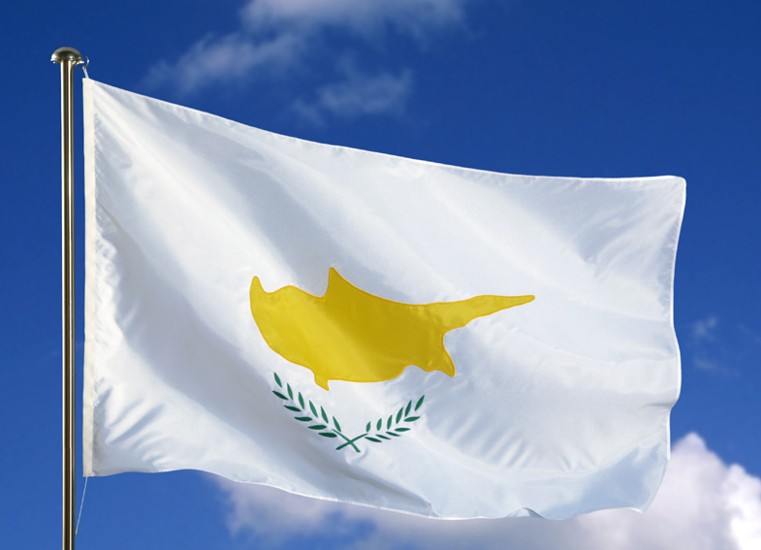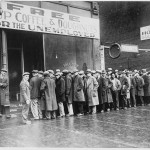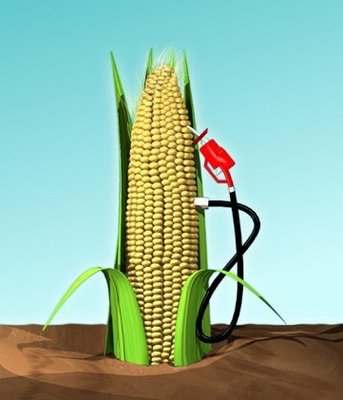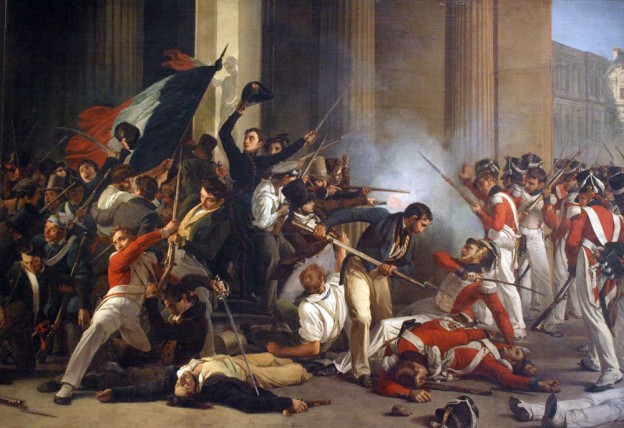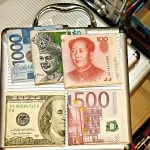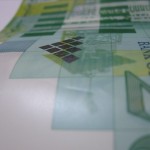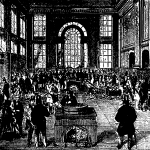Here’s today’s ‘Just A Minute’ bringing you a 60 second summary of what’s happening in the markets.
Main Trading Events Of The Day: Several today including USD Non-Farm Employment Change @ 13.30, USD Trade Balance @ 13.30 & USD Employment Rate @ 13.30 GMT
WHAT WE’RE WATCHING TODAY
U.S. Non-Farm Payrolls: Gains In Job Growth Expected
Stock markets are ready for a soft jobs report due later today. Data is expected to show that employers in the U.S. hired more workers in February than a month earlier, indicating that companies were confident that demand will bounce back from a weather-induced slowdown. Payrolls increased 149,000 last month after a 113,000 gain in January, according to a Bloomberg survey ahead of figures from the Labor Department. The jobless rate held at 6.6 percent, the lowest since 2008, the survey also showed.
Even with last month’s pickup, job gains remain smaller than those seen for most of last year as the harsh weather conditions across the eastern U.S. slow consumer spending, housing and manufacturing. The Federal Reserve is trying to determine how much of the recent cooling has been due to weather, which means the outlook for monetary policy may not become clearer until March data becomes available but analysts believe that the weather is not the only factor behind the lull in activity - businesses are working through a large amount of unsold goods accumulated in the second half of 2013, which means they have no incentive to place new orders with manufacturers.
The U.S. dollar, meanwhile, is set for its biggest weekly gain in three months versus the yen before the release of U.S. payrolls data, with Federal Reserve officials reiterating the threshold for changing its stimulus tapering is high. The U.S. currency yesterday was at its strongest versus the yen since January as reports showed fewer Americans filed claims for jobless benefits. The dollar was little changed at 102.97 yen, from 103.07 yen yesterday, and has climbed 1.2 percent this week, the biggest advance since the period ended Nov. 29.
Meanwhile, Gold traded near the highest level in more than four months and headed for a fifth weekly advance before U.S. payrolls data. Gold rose 1.8 percent this week and closed at $1,350.02 an ounce yesterday, when prices rose 1 percent on expectations that U.S. borrowing costs will hold at a record low and European inflation will gradually accelerate. The metal reached $1,354.87 on March 3, the highest since Oct. 30, as tension between Ukraine and Russia escalated.
U.S. Non-Farm Employment Change @ 13.30 GMT.

What Is The Impact Of The Ukraine Crisis For Investors?
The recent Russia/Ukraine situation has caused some pronounced unrest in the currency markets, as well as a sharp selloff in the Russian equity market. Should investors be worried and is the safety trade the best trade? Much of this depends on whether Western influence can stop Russia invading. It is unlikely that the United States can stop Putin, but it can make it very uncomfortable for him to proceed. It is worth remembering that Russia has major pipelines running through Ukraine that deliver natural gas to the rest of Europe. Mistreating Ukraine to the point that it shuts down those pipelines would be economically devastating to Russia. It is unlikely that Ukraine will mount any meaningful military resistance to Russia simply because Ukraine is effectively broke. The Ukrainians cannot finance a war as they teeter on the edge of bankruptcy. What will punish Russia significantly will likely be the damage to asset prices that will be the consequence of investment funds leaving the country. Russia was forced to raise its overnight lending rate by 1.5 percent to defend the value of the ruble.
What does this mean for investors? Should investors be pulling up stakes in Russia and repatriating their funds home? Probably not, when you take into consideration what matters to Russia. First, oil is of great importance. Russia is one of the top producers of oil, and rising prices for crude means better revenues for Russia. Gold also matters to Russia. Russia is sensitive to the price of gold and other metals. Rising gold prices benefit Russia’s miners. The reality is that Russia likely will benefit from any spikes in commodity prices that these events cause. Russia’s markets are down significantly here and many believe they should be bought. With regard to equity prices, these are mainly dependent on earnings growth. Analysts believe that none of the events in Ukraine or Russia are likely have any impact on the earnings of companies here or in Russia. Earnings are expected to continue rising, and sooner or later the uncertainty in Russia will dissipate. Those investors who buy during the days of bad news will likely be winners once the political unrest blows over.
That sums up today’s highlights! We hope you have a profitable day on the markets.
